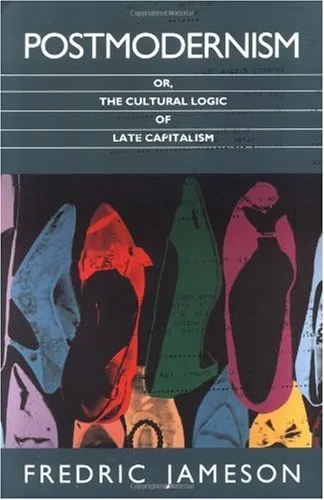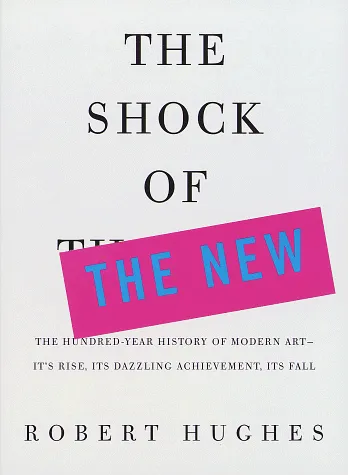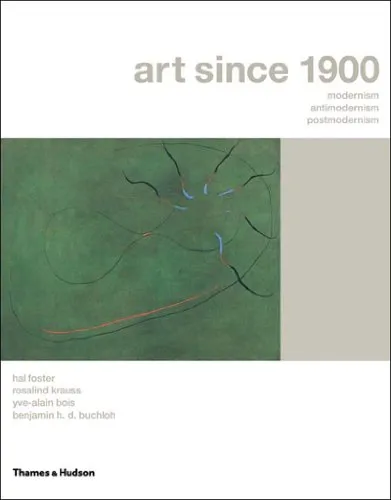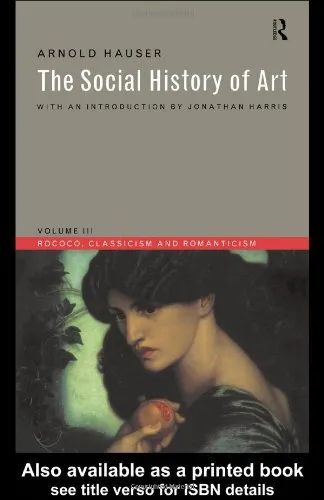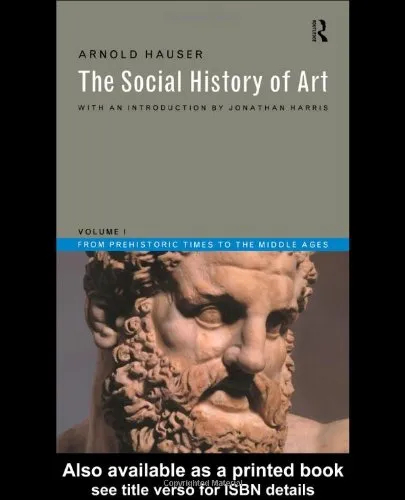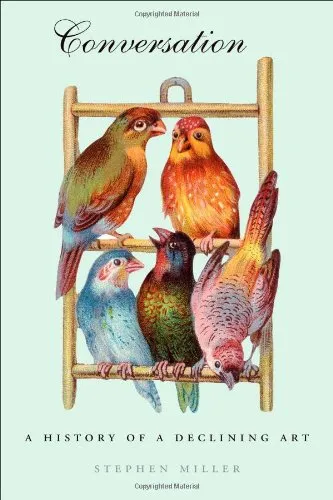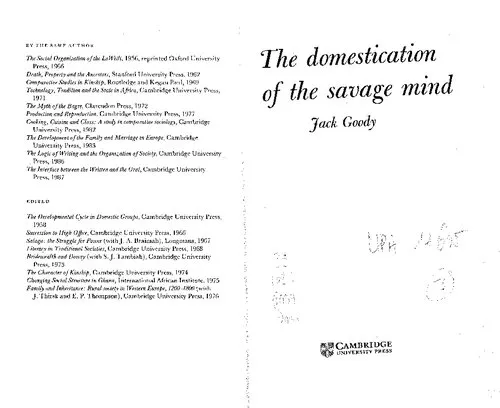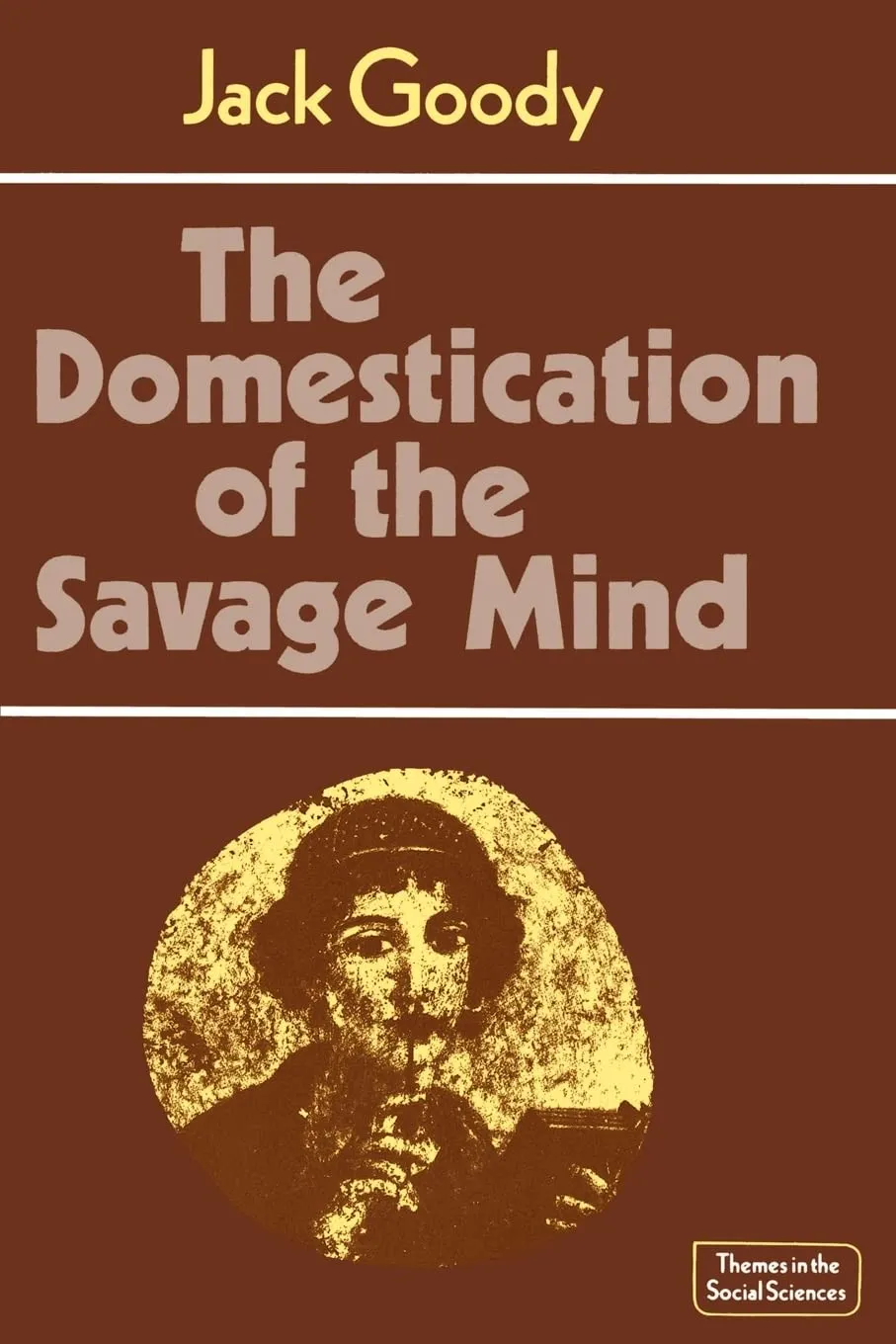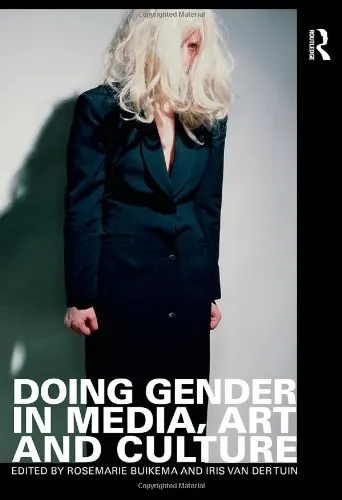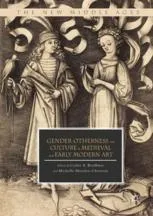Postmodernism, or, The cultural logic of late capitalism
4.1
بر اساس نظر کاربران

شما میتونید سوالاتتون در باره کتاب رو از هوش مصنوعیش بعد از ورود بپرسید
هر دانلود یا پرسش از هوش مصنوعی 2 امتیاز لازم دارد، برای بدست آوردن امتیاز رایگان، به صفحه ی راهنمای امتیازات سر بزنید و یک سری کار ارزشمند انجام بدینکتاب های مرتبط:
مقدمهای بر کتاب 'Postmodernism, or, The Cultural Logic of Late Capitalism'
'Postmodernism, or, The Cultural Logic of Late Capitalism' اثری از فردریک جیمسن است که به تحلیل و بررسی روند تاریخی Postmodernism و روابط پیچیدهاش با Late Capitalism میپردازد. این کتاب از نظرگاه علمی و انتقادی به تغییرات فرهنگی و اجتماعی دوران معاصر نگاه میکند و تلاش دارد تا فرآیندهای پیچیده سرمایهداری متاخر و تاثیرات آن را در فرهنگ و هنر بررسی کند.
خلاصهای مفصل از کتاب
کتاب به بررسی مفاهیم پیچیده Postmodernism میپردازد و آن را به عنوان یک پدیده تاریخی-فرهنگی معرفی میکند که با سرمایهداری متاخر همزمان شده است. جیمسن در این کتاب، تحولات مختلفی را که در دهههای اخیر در هنر، معماری، ادبیات و حتی سیاست رخ داده است، مورد تحلیل قرار میدهد. وی به تحلیل ساختاری تغییرات فرهنگی که تحت تاثیر Late Capitalism قرار گرفتهاند، پرداخته و گفتمانهای مختلفی را که در دوره Postmodernism توسعه یافتهاند، بررسی میکند.
یک از نکات مهم این اثر، تاکید جیمسن بر رابطهی مستقیم بین تغییرات اقتصادی و تاثیرات فرهنگی است. او معتقد است که Postmodernism نمیتواند جدا از بستر اقتصادی و تاریخی خود درک شود و باید آن را به عنوان یک جنبه فرهنگی Late Capitalism بررسی کرد.
نکات کلیدی
- تحلیل دقیق رابطه بین Postmodernism و Late Capitalism
- بررسی تاثیر سرمایهداری متاخر بر انواع هنری و فرهنگی
- مفهوم جهانیسازی و تاثیرات فرهنگی آن
- تاثیرات Postmodernism بر معماری و شهرسازی
- تغییرات در تکنولوژی و زندگی روزمره تحت تاثیر Postmodernism
جملات معروف از کتاب
"Postmodernism is the cultural logic of Late Capitalism."
"The postmodern is what you have when the modernization process is complete and nature is gone for good."
چرا این کتاب مهم است
این کتاب از اهمیت زیادی برخوردار است زیرا به عنوان یک مرجع کامل برای درک و تحلیل پیچیدگیهای فرهنگی و اجتماعی عصر ما عمل میکند. جیمسن با استفاده از رویکردی تاریخی و انتقادی، به ما کمک میکند تا درک بهتری از تاثیرات اقتصادی و فرهنگی Late Capitalism داشته باشیم. این کتاب نه تنها برای دانشجویان و پژوهشگران علوم انسانی و اجتماعی بلکه برای تمام کسانی که به تغییرات فرهنگی و اجتماعی علاقهمند هستند، ارزشمند است.
فهم بیشتر مفاهیم و تحلیلهای ارائه شده در این کتاب میتواند به درک عمیقتری از مسیر تاریخی که جهان در آن قرار دارد، کمک کند و تاثیری ماندگار بر رویکرد ما به مسائل معاصر داشته باشد.
Introduction
"Postmodernism, or, The Cultural Logic of Late Capitalism" by Fredric Jameson is a seminal work that delves deep into the ethos of postmodernist thought and its implications on cultural production, social structures, and economic dynamics. Published in 1991, this book captures the essence of postmodern culture while critically analyzing its association with late capitalist society. By exploring the interconnectedness between cultural and economic changes, Jameson offers a comprehensive perspective on how postmodernism serves as both a cultural phenomenon and an ideological reflection of capitalist society's latest stage. This text has become a cornerstone in the fields of cultural studies, critical theory, and sociology.
Detailed Summary of the Book
Jameson's "Postmodernism, or, The Cultural Logic of Late Capitalism" presents a thorough analysis of the evolution from modernism to postmodernism. He asserts that postmodernism is characterized by a fundamental shift in cultural paradigms, closely tied to the rise of multinational capitalism. The book examines various facets of postmodern culture, including architecture, literature, visual arts, and mass media, illustrating how they reflect broader socio-economic transformations.
One of Jameson's key arguments is that postmodernism is marked by the erosion of traditional boundaries among high and low culture, producing a cultural landscape where pastiche and parody predominate. He also discusses the dissolution of historical narratives and the rise of a perpetual present, arguing that postmodern works often exhibit a sense of nostalgia or simulation rather than engaging with genuine historical consciousness.
Throughout the book, Jameson critiques the commodification of culture and the way capitalist processes have infiltrated artistic expression. By linking cultural trends to economic shifts, he provides insights into how late capitalist dynamics have shaped contemporary cultural production and consumer behavior.
Key Takeaways
- Postmodernism is deeply intertwined with the economic and cultural evolution associated with late capitalism.
- The boundaries between high art and popular culture have blurred, leading to new forms of cultural expression.
- Pastiche and parody are central characteristics of postmodern culture.
- There is a pronounced emphasis on surface aesthetics and a diminished focus on historical depth.
- Postmodernism reflects an era of globalization where cultural products are commodified more than ever.
Famous Quotes from the Book
"It is safest to grasp the concept of the postmodern as an attempt to think the present historically in an age that has forgotten how to think historically in the first place."
"The last few years have been marked by an inverted millenarianism in which premonitions of the future, catastrophic or redemptive, have been replaced by senses of the end of this or that."
Why This Book Matters
"Postmodernism, or, The Cultural Logic of Late Capitalism" matters because it offers a nuanced critique of contemporary culture and its intricate relationship with economic systems. Jameson provides a framework for understanding the complexities of the cultural landscape in the late 20th century, encouraging readers to critically assess the implications of cultural changes on societal values and structures. His insightful connections between culture and capitalism have influenced a wide range of academic disciplines, making the book an indispensable resource for those exploring critical theory, cultural studies, and sociology.
The book's relevance extends beyond academia, as it encourages a broader audience to reflect on consumer behavior, media influence, and the pervasive nature of capitalism in shaping cultural narratives. By unpacking the layers of postmodern culture, Jameson invites readers to engage with contemporary issues in increasingly mediated and commodified societies.
دانلود رایگان مستقیم
شما میتونید سوالاتتون در باره کتاب رو از هوش مصنوعیش بعد از ورود بپرسید
دسترسی به کتابها از طریق پلتفرمهای قانونی و کتابخانههای عمومی نه تنها از حقوق نویسندگان و ناشران حمایت میکند، بلکه به پایداری فرهنگ کتابخوانی نیز کمک میرساند. پیش از دانلود، لحظهای به بررسی این گزینهها فکر کنید.
این کتاب رو در پلتفرم های دیگه ببینید
WorldCat به شما کمک میکنه تا کتاب ها رو در کتابخانه های سراسر دنیا پیدا کنید
امتیازها، نظرات تخصصی و صحبت ها درباره کتاب را در Goodreads ببینید
کتابهای کمیاب یا دست دوم را در AbeBooks پیدا کنید و بخرید
1379
بازدید4.1
امتیاز0
نظر98%
رضایتنظرات:
4.1
بر اساس 0 نظر کاربران
Questions & Answers
Ask questions about this book or help others by answering
No questions yet. Be the first to ask!
